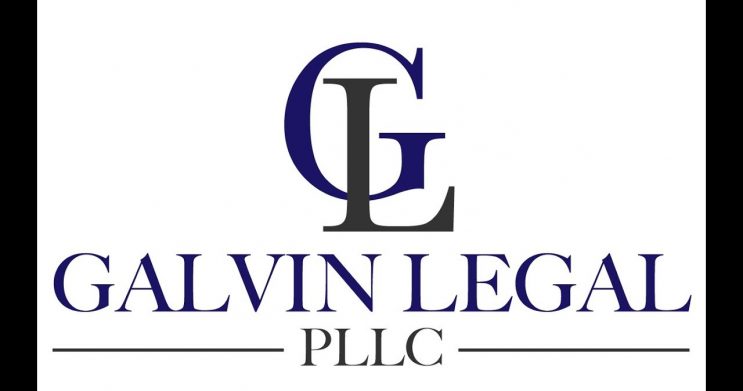 What is a Business Development Company (BDC)?
What is a Business Development Company (BDC)?
A Business Development Company (BDC) is a category of investment company created by Congress in 1980 under the Investment Company Act of 1940 to facilitate the flow of capital to private companies. The Investment Company Act of 1940 is the same regulatory framework that allowed the average investor access to mutual funds in 1940.
BDCs provide retail investors direct access to the private equity and private debt investment markets, which typically have been dominated by accredited investors. These are high-net-worth individuals or institutions, such as pension funds and endowments, that have been able to meet the high minimum investment requirements imposed by private equity firms, and have had specialized investment expertise at hand to evaluate such investments.
One of the primary differences between a BDC and a venture capital fund is that BDCs typically allow non-accredited investors to invest.
The Investment Company Act of 1940 sets out several requirements for BDC. For example, BDCs are required to be a domestic company and must be registered with the SEC. They must maintain at least 70% of their assets in U.S. firms with market values of less than $250 million and must distribute over 90% of their profits.
A BDC is a pooled investment vehicle that invests in equity or debt of private companies just as a REIT invests in real estate. A REIT and a BDC have no material differences with the exception of the underlying assets in which they invest. From a regulatory standpoint, they both must file periodic SEC reports, such as Forms 10-K and 10-Q, and comply with the Sarbanes-Oxley Act of 2002. Non-traded varieties are also both subject to state and NASAA regulations.
Risks Associated with Business Development Companies (BDC)
Many financial advisors sell BDCs to investors by highlighting the high distribution yields compared to traditional fixed income investments. Unfortunately, they often omit or gloss over the higher risks associated with these investments and fail to conduct the necessary due diligence on them before recommending them to their customers.
Additionally, most of the holdings are typically invested in illiquid securities. As such, their market values are generally subjective estimates and can change suddenly and investors can suffer quick losses.
Other risks associated with BDCs include, but are not limited to:
- Underlying Company Credit and Investment Risk
- Leverage Risk (for BDCs that use leverage)
- Interest Rate Risk
- Market Risk
- Liquidity Risk
Business Development Companies (BDC) Under Investigation By Galvin Legal, PLLC
- TP Flexible Income Fund (f/k/a Triton Pacific Investment Corp.) – Investor Alert – UPDATED
- Business Development Corporation of America (BDCA) – Investor Alert – UPDATED
- Medley Management Inc. (NYSE: MDLY) – Investor Alert – UPDATED
- FS KKR Capital Corp II (NYSE: FSKR) – Investor Alert – UPDATED
- FS KKR Capital Corp (a/k/a Corporate Capital Trust) – Investor Alert
- UBS ETRACS 2xLeveraged Long Wells Fargo Business Development Company ETN (LBDC) – Investor Alert
- UBS ETRACS Linked to the Wells Fargo Business Development Company Index ETN Series B (BDCZ) – Investor Alert
- UBS ETRACS Linked to the Wells Fargo Business Development Company Index ETN (BDCS) – Investor Alert
- UBS ETRACS 2x Monthly Leveraged Wells Fargo Diversified Business Development Company Index ETN Series B (BDCY) – Investor Alert
- UBS ETRACS 2xLeveraged Long Wells Fargo Business Development Company Index (BDCL) – Investor Alert
- VII Peaks Co-Optivist Income Fund – Investor Alert
- First Capital Investment Corporation BDC – Investor Alert
- VII Peaks Co-Optivist Income BDC II – Investor Alert
- Pennant Park BDC – Investor Alert
- New Mountain Finance BDC – Investor Alert
- MRCC BDC – Investor Alert
- Crossroads Capital BDC – Investor Alert
- CION Investment Corporation – Investor Alert – UPDATED
- Sierra Income Corporation – Investor Alert – UPDATED
- HMS Income Fund – Investor Alert – UPDATED

 What is a Business Development Company (BDC)?
What is a Business Development Company (BDC)?
